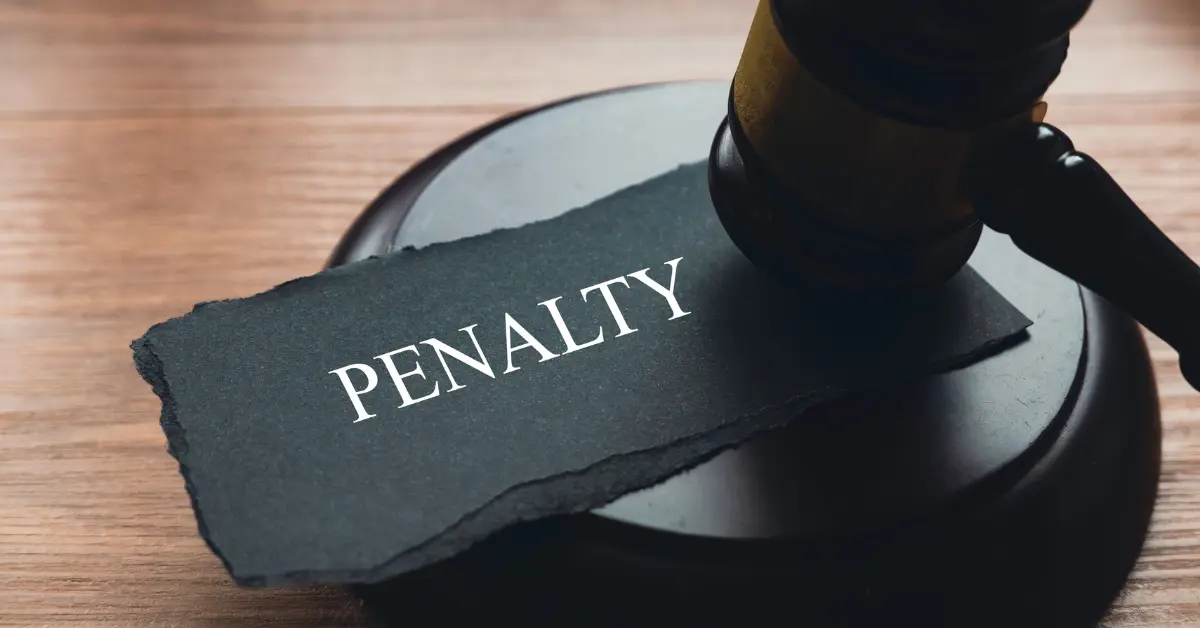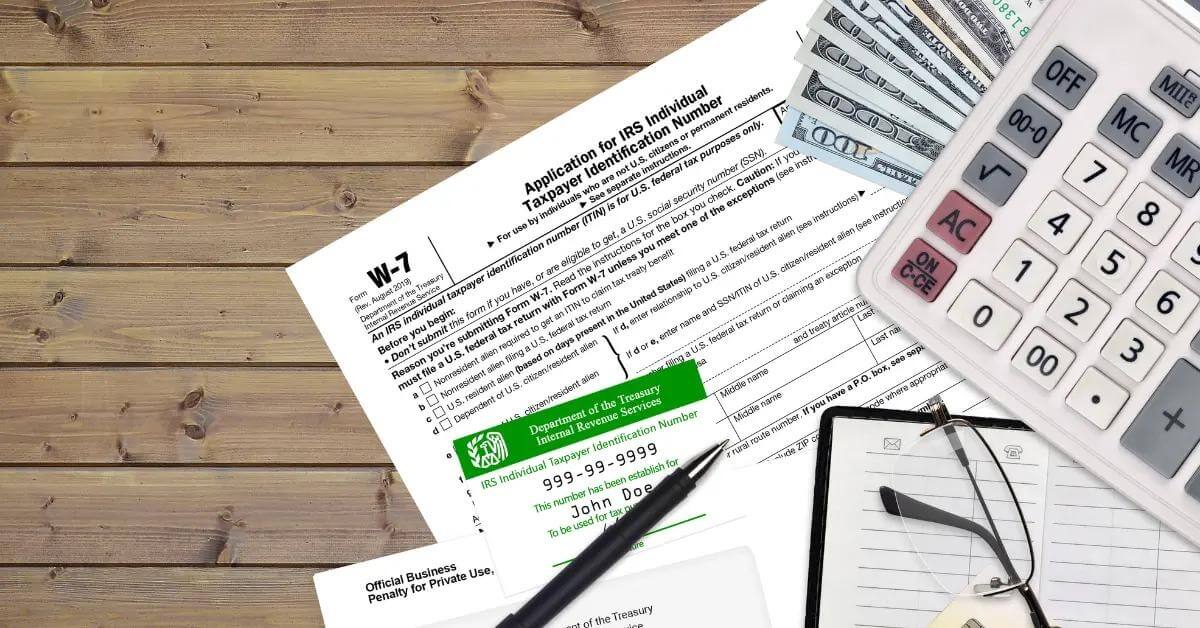Wage garnishments are the most painful way to be subjected to debt repayment. It’s a process that was devised more than 100 years ago to make debtors pay their debts. Although it’s a process that many people don’t want to talk about, you should if you’re facing wage garnishments.
In the history of the wage garnishments, debtors would plead poverty and give away their assets for safekeeping until later. Due to the growing duplicity, legislators believed that only the stern treatment by the law would make debtors comply.
In May 1968, Congress enacted the Consumer Credit Protection Act to protect the garnishees. This is after it emerged that the debtors were being subjected to very harsh debt repayment conditions. Let’s look at what wage garnishments are, how they work, and what you can do to protect yourself.
Read on to learn more!
First Things First: What’s Wage Garnishment?
A court can order that a portion of a debtor’s paycheck is directed to the creditors. When this happens, it’s referred to as wage garnishment. Some of the reasons for wage garnishments are consumer debts, child support, unpaid taxes, and student loans.
IRS wage garnishment is common for failure to pay taxes. Unlike regular creditors, the IRS doesn’t have to obtain a court order to garnish your wages. Once you owe them in taxes, they’ll send you a bill.
Failure to honor the bill will prompt them to send you another one. This time the bill will include penalties and any interest accrued since the previous notice. If you still don’t honor the second bill, the IRS will start collection actions.
The actions range from seizing properties, levying bank accounts, garnishing tax refunds, or garnishing wages. If you hope to get tax relief, it’s unlikely that you’ll benefit once IRS takes any of these actions.
If you’re employed, your employer will have no choice but to comply with the IRS wage garnishment. Failure to do so will see IRS come after them for your outstanding taxes. According to the law, IRS, and other creditors will take 25% of your income.
Why you should avoid having wage garnishments is that the IRS doesn’t care how much of your income remains. All they want is their money, and sometimes, being self-employed won’t help the situation either. This wage cut will continue until your debt is fully paid up, including the penalties.
Types of Garnishments
Wage garnishments are more common than you might think. The two types of wage garnishments that exist are wage and nonwage garnishments. In wage garnishments, the creditors require an employer to hand over part of the debtor’s earnings to pay off debts.
Nonwage garnishments are also known as a bank levy. In this case, creditors will tap into your bank balances.
Garnishments happen when a creditor sues a debtor for nonpayment and wins the case. The court sends notices to the employer or bank, and the process begins in five to 30 business days.
The Impact of Garnishment
Wage garnishments, whether by the IRS or regular creditors, extend beyond your paycheck. They eat into every aspect of your life, and this can be very humiliating, especially as an employee. Your employer gets involved in your financial matters that are otherwise private struggles.
Stress and anxiety become natural outcomes since you no longer work for yourself but for the creditors you owe.
Employers are exposed to financial risk when their employees don’t comply with garnishments. With the IRS, an employer is at a higher risk of having to pay up for the pending employee taxes.
Employers can avoid facing state and federal penalties by becoming familiar with garnishment laws. They also need to develop an appropriate procedure for processing garnishments. It would also help to ensure that policies don’t discriminate against an employee facing garnishment.
How Much of Your Wages Can Be Garnished?
The law gives provisions for limits on the amount of your disposable income a creditor can take. In this case, disposable income refers to the amount that remains after tax and social security deductions.
For consumer credit like loans and medical cards, the limit is 25% of your income. Alternatively, they can deduct the amount by which your wages exceed 30 times the minimum wage. The lesser amount is what they deduct.
Child support and alimony garnishments attract 50% of your income if you’re supporting another family. The amount could go up to 60%. If you get late in payments, you’ll attract a penalty of 5%.
Federal student loans and taxes take up to 15%. For your taxes, the Internal Revenue Service will decide the amount to deduct from your income. This will be based on several factors like the number of dependents you’ve got.
Note that they won’t be lenient with you if you don’t honor their first two calls to pay up.
State laws about garnishments vary greatly. Some offer protection to shelter your income and account balances from deductions. It may provide exceptions in situations like when the debtor has dependent children.
What You Can Do About Wage Garnishment
In the wage garnishment process, you have some rights as a debtor. It’s up to you familiarize with these rights for a win-win situation. After being legally notified of the garnishment, you can also respond by taking legal steps.
If there’s a way for you to avoid garnishment, by all costs, do it. You’ll pay less if you come into agreement with the creditor on how to repay the debt. This is especially essential when it comes to IRS wage garnishment.
Here are the viable options have to get a wage garnishment release.
1. Read the Judgment Carefully
Check all the details to ensure the information is accurate and valid. Verify that it’s not something you already paid. If it is, determine how much money will be deducted and how this will impact your finances.
2. File a Dispute
After being served a notice of garnishment, you can dispute the creditor’s claim. However, to increase your chances of winning the case, hire a tax lawyer. Remember that you need to have all supporting documents that support your dispute.
Support documents include tax returns, documents that prove payment and canceled checks. If you can’t afford a lawyer, contact the IRS Taxpayer Advocate Service. Remember to do this as fast as possible, especially since you only have as few as five business days.
3. Work Out a Favorable Deal
After being served a notice by court, the natural reaction is to panic, but you shouldn’t. In the place of fretting, reach out to the IRS and don’t underestimate the power of a conversation. See how much you owe, draw up a budget, and determine how much you can afford to repay.
Once you have the figures, call the IRS and agree on a repayment plan. Creditors and consumers have worked this out in the past. Besides, IRS would instead come to an agreement with you and accept frequent small payments that garnish your wages.
4. Make Payments
Once you agree on a payment plan, get started. Typically, the IRS will agree to an installment plan. They’ll give you a window period of up to three years to pay off your pending taxes. If you don’t have a high credit score, IRS will allow you this plan.
However, this is only as long as you’ve not flaked on previous debts.
5. Request for an Offer in Compromise
Among all the options available, offer in compromise could be the most attractive. It means that you’ll only pay cents on the dollar of your tax debt. IRS only agrees to this arrangement if they determine you’re unable to pay the amount due in a reasonable time.
One requirement that qualifies you is being in an incapacitating financial situation. In most cases, people who are eligible end up paying less than 20% of what they owe IRS.
How It Works
For this offer to work, both you and the IRS must acknowledge your bad financial situation. It must be proven without doubt that your income isn’t enough to pay off your debts. You also must not have any valuable assets the agency could seize.
Once this has been established, give an offer of the maximum amount you can afford to pay. This may fall way below what you owe. If the IRS accepts the offer you make, it’ll compromise and substantially lower your tax debt. This is to ensure it matches the amount you can pay.
Upon completion of payments of the agreed upon amount, the tax will be considered as “paid in full.” This is even though the amount is way below the tax debt you owe.
The acceptance of OIC is not very common, mainly because of omissions and submission errors. To increase your chances of approval, get professional assistance.
6. Plead Poverty
If you can convince the IRS to withdraw your wage garnishment, they may help. You only need to prove to them how the process may cause financial hardship to you and your family. They can give you some relief until your financial situation gets better.
If you’re unable to meet your necessary expenses as a result of the garnishments, IRS may wait. You’ll need a tax professional to come to your rescue. They know the formulas used by the IRS to determine your level of hardship.
They’ll help determine if your level of hardship meets the definition of IRS or not.
7. Shove Your Job
IRS wage garnishment is made to a specific employer. This means that if you change your job, the garnishment won’t be valid. IRS will require several months to process another court order.
Alternatively, you can quit your job temporarily. Your employer will inform the IRS that you no longer work there. This will make the garnishments invalid.
8. File for Bankruptcy
This is the nuclear, last resort option that’ll stop the IRS garnishment. This option temporarily stops your IRS garnishment, but it won’t get you out of IRS tax debt. Take note that if you take this route, you’ll significantly impact on your financial life.
You Can Stop Wage Garnishments
If the IRS doesn’t agree to an alternative resolution like a payment plan, they can end the garnishments. These are the few limited circumstances that can warrant this.
- The tax-collection period expired before the garnishment notice
- The IRS didn’t provide the full 30 days before the action
- You file for bankruptcy
- An appeal is in process and still considering your offer
If these situations arise, you can appeal the garnishment. This is only possible during the 30-day period after the final notice. The process of appealing is known as Collection Due Process hearing.
Don’t treat this as a forum to dispute the amount you owe as it’s not appropriate. The appeal is only for issues that directly touch on the garnishment. You can point out any violations by the IRS in this setting.
Your opportunity to dispute the tax amount due is long before the IRS sends you the Final Notice of Intent to Levy.
Final Thoughts
Life is full of surprises, and it may catch up with you in the most unexpected ways. Wage garnishments are one of them. This happens when unpaid debt catches up with you.
When creditors are unable to get you to pay what you owe, they may sue you. One way to recover their money is to have the court attach your earnings. This means that your employer will be obligated to direct part of your wages to repay the debt.
This is what is known as wage garnishment. It can happen for debts such as consumer debt, child support, student loans, and unpaid tax dues. While it may be easier to negotiate with regular creditors, IRS may take more stringent measures on you.
Don’t want until you’re in this stressful situation. You can contact the IRS to find out if you owe any debt. If you do, work out a repayment plan with them. In case they catch up with you beforehand, let a professional guide you through the available options.
Do you have any questions? Be sure to reach out to us for help.








